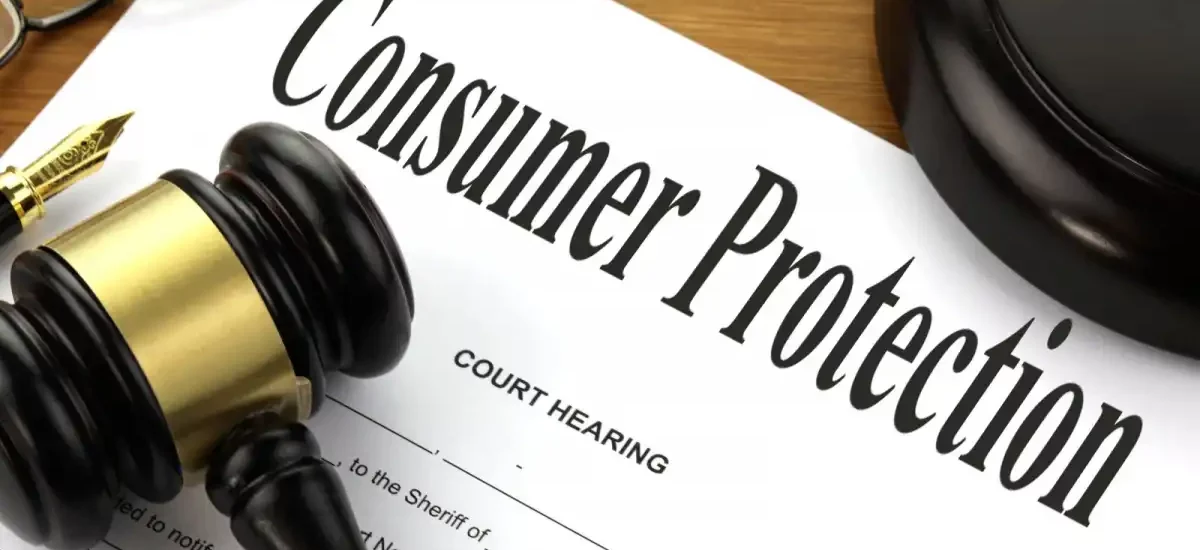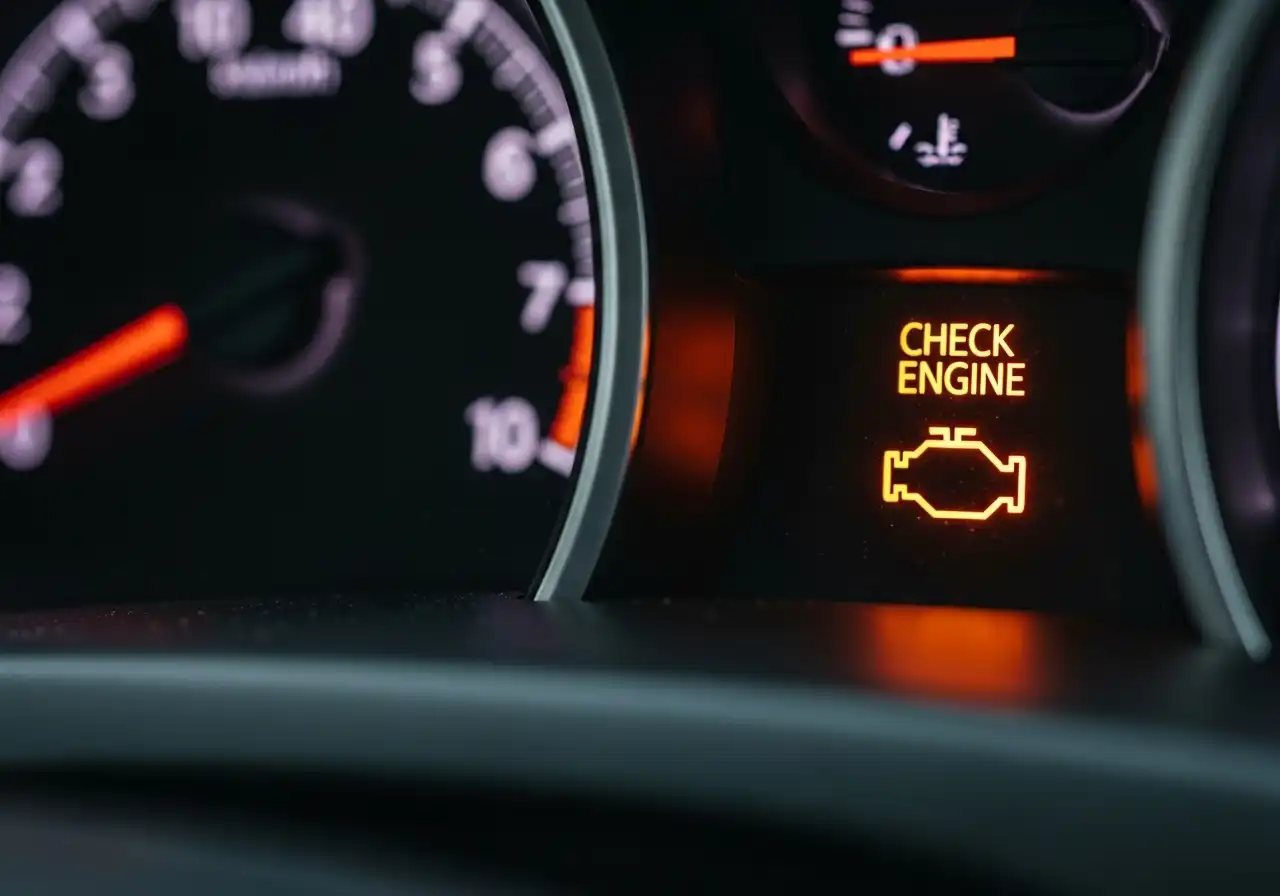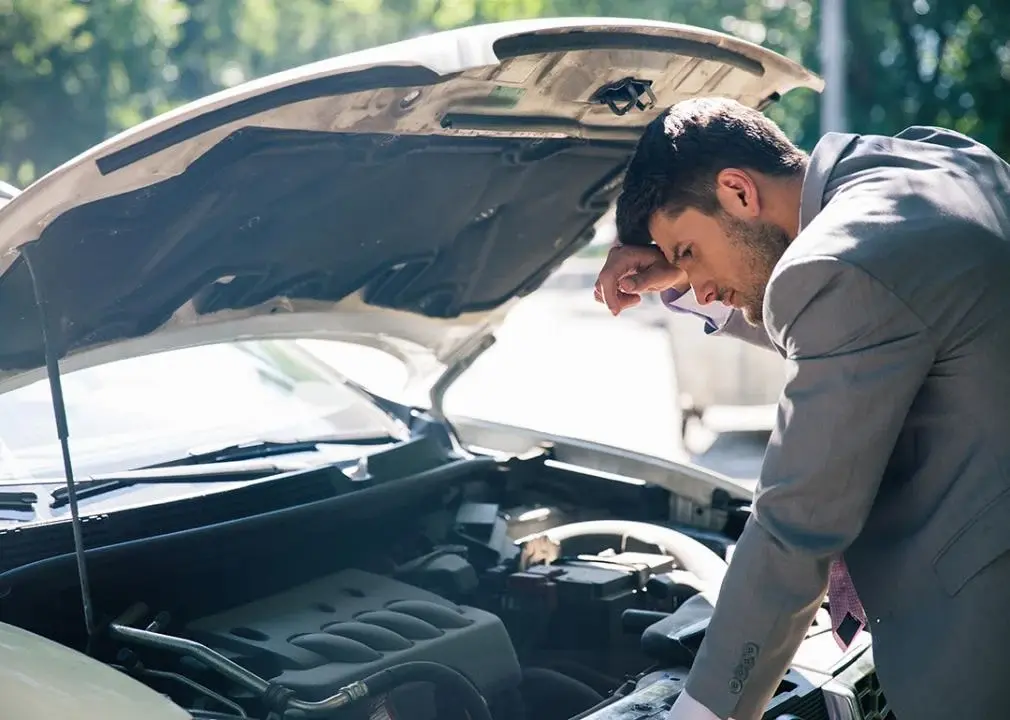Buying a car is an exciting milestone, but what happens when your new vehicle turns out to be a constant headache? Enter lemon law, a vital safeguard for consumers dealing with defective vehicles. If you’ve ever wondered how lemon law works and how it can protect you, this blog post is your ultimate guide.
Understanding Lemon Law
Lemon laws are designed to protect consumers who purchase or lease vehicles that fail to meet quality and performance standards. These laws vary by state but typically apply to new vehicles with significant defects that persist despite multiple repair attempts. In essence, lemon laws ensure that manufacturers uphold their promises to deliver reliable, safe vehicles.
How Does Lemon Law Work?
The specifics of lemon law differ across states, but the general process involves the following steps:
- Identify the Problem:
The defect must significantly affect the vehicle’s use, safety, or value. For example, a faulty transmission or a recurring electrical issue could qualify. - Attempt Repairs:
Most states require the manufacturer or dealer to be given a reasonable number of attempts to fix the problem, usually 3-4 repair attempts. - Document Everything:
Keep detailed records of repair invoices, communication with the dealer, and any issues you experience. This documentation will be critical if you file a claim. - File a Claim:
If repairs fail to resolve the issue, you may be entitled to a replacement vehicle, a refund, or compensation through arbitration or legal proceedings.
What Vehicles Qualify as Lemons?
While the exact criteria depend on the state, most lemon laws cover the following:
- New Vehicles: Purchased or leased with a warranty.
- Used Vehicles: In some states, if sold with a warranty.
- Electric Vehicles (EVs): Lemon laws extend to EVs, ensuring that modern technology meets quality standards.
How Lemon Law Protects You
- Financial Reimbursement:
If your vehicle qualifies as a lemon, you may be eligible for a full refund or a replacement vehicle. - Peace of Mind:
Knowing you’re protected empowers you to seek justice without financial burden. - Encouraging Accountability:
Lemon laws hold manufacturers accountable for their products, promoting higher standards across the industry.
Common Misconceptions About Lemon Law
- Myth: Lemon law only applies to cars.
Fact: Some states extend lemon law to motorcycles, RVs, and boats. - Myth: You need to go to court to win a claim.
Fact: Many disputes are resolved through arbitration, avoiding lengthy legal battles.
What to Do if You Think You Have a Lemon
If your vehicle is consistently underperforming, act quickly:
- Check Your State’s Lemon Law: Research specific requirements and time limits.
- Contact an Attorney: A lemon law attorney can help you navigate the process and maximize your chances of success.
- File Your Claim: Don’t delay, as time limits (known as statutes of limitation) may apply.
Lemon laws are a critical safety net for consumers, ensuring manufacturers are held accountable for defective vehicles. If you’re struggling with a problematic car, don’t hesitate to explore your rights. With the right guidance and a little persistence, you can turn a sour situation into a satisfying resolution.



